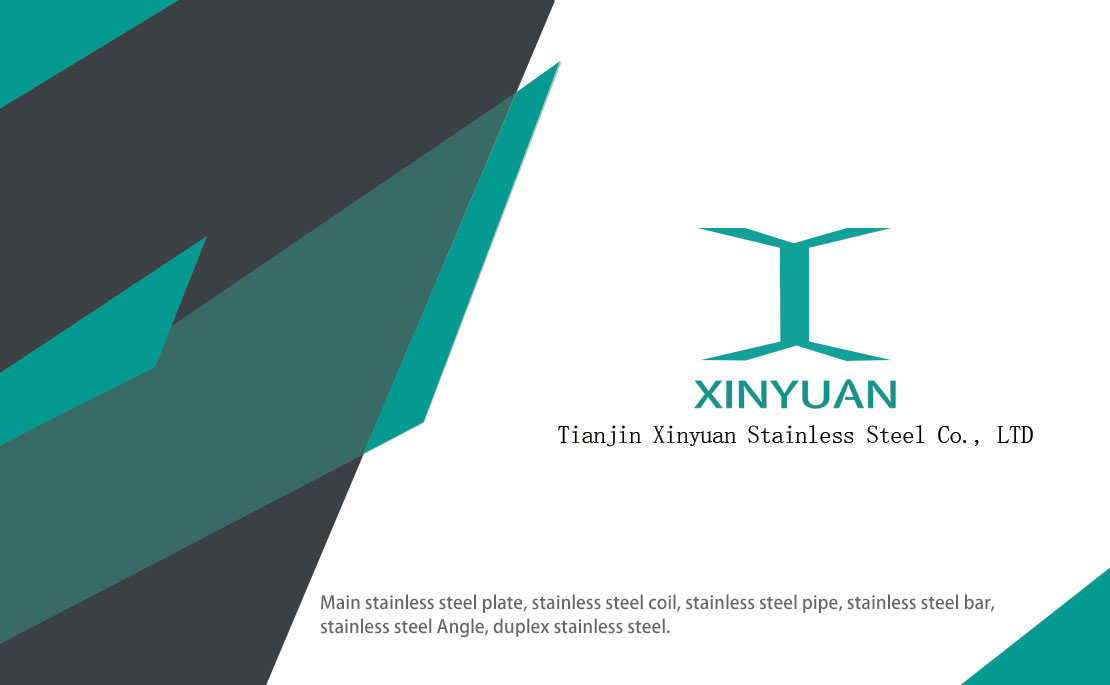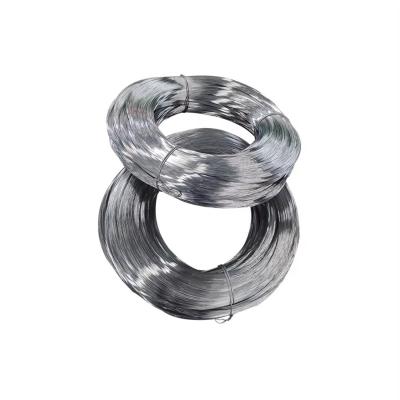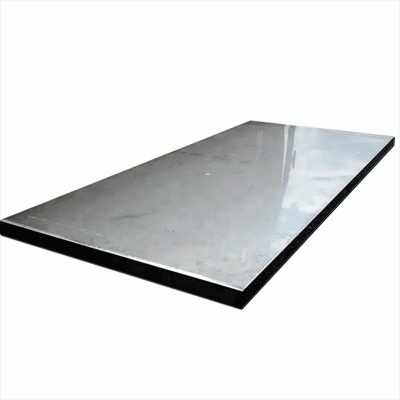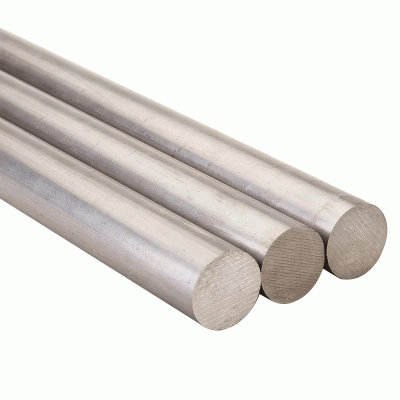Nickel and stainless steel: which wire mesh material is suitable for me?
Stainless steel and nickel are two common materials in numerous industries. Each material has its own set of advantages and disadvantages. In the grand plan of things, it determines which one you consider.
What is stainless steel?
Stainless steel is a series of alloys with specific carbon and chromium contents. The composition of this element makes stainless steel have relatively high corrosion resistance and extreme temperature.
Unfortunately, this high heat resistance makes it difficult for stainless steel alloys to weld when using certain lower temperature welding techniques because they absorb heat.
In other words, there are nine outstanding variants in the stainless steel world: 304, 309, 310, 316, 317, 318, 321, 330, 347. However, in the world of woven wire mesh, 304 and 316 stainless steel are mainly used.
What is nickel?
Nickel is a kind of natural alloy in the periodic table of elements, which is usually used for special applications that require alloys that meet strict standards. It is a kind of metal mesh alloy, which, like stainless steel, is famous for its high corrosion resistance environment.
Nickel 200 and Monel (1) alloy 400 are widely used when a woven wire mesh is used.
How Do Stainless Steel and Nickel Compare?
When it comes down to brass tacks, the distinction among stainless steel cord mesh and nickel twine mesh ultimately comes down to overall performance.
As stated above, the herbal resistance to excessive temperatures seen in stainless steel alloys is verified to prevent their ability to be welded and avoid the effectiveness of heat treatment. That said, you can fight this obstacle by using using low carbon alloy.
Regardless, in case you weld your mesh or no longer, it should be stated that the surface of stainless-steel is thought to emerge as discolored when exposed to high heat as its heat resistance does no longer entail excessive-temperature oxidation.
Nickel does not have this difficulty because it does not have the equal resistance to warmness. In fact, it is broadly applied for its heat conductivity as well as for its electric and magnetic conductivity.
Additionally, nickel's corrosion resistance is high-quality for unique situations, which includes packages that problem the alloy to acids or lyes. This is mainly proper whilst halogenides, caustic alkalines, and diverse natural compounds are gift.

Which Alloy Should I Use?
The alloy you use depends on the needs of the software your twine mesh is subjected to. If your software requires a mesh that must meet particular standards or requires heat, electric, or magnetic conductivity, nickel wire mesh need to be used.
That said, if you wish to put into effect a wire mesh that grants a great stability of heat resistance, corrosion resistance, and durability, a chrome steel alloy have to be used.
Now, taking a deeper dive, if the mesh can be concern to greater harsh, corrosive conditions, 316 stainless steel need to be hired. On the alternative hand, if the mesh could be in touch with non-corrosive cloth, 304 stainless-steel is maximum probably the more realistic fabric.
Ensure the Best Possible Alloy To Achieve Desirable Results
Stainless steel and nickel are two alloys which are normally used to construct woven twine mesh. Stainless metallic presents the right stability of warmth and corrosion resistance, while nickel gives you specific warmness, electric, and magnetic conductivity to strong point applications.
But as it's miles vital to recognize the variations between these two substances, it is just as essential to understand the cord mesh may be constructed from a wide spectrum of alloys that you ought to have an know-how of. This is will you to enforce a twine mesh that you could actually say you are confident in.
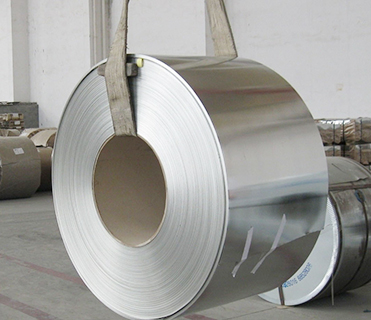
Xinyuan stainless steel products, trustworthy, if you have any needs, welcome to inquire with me.
